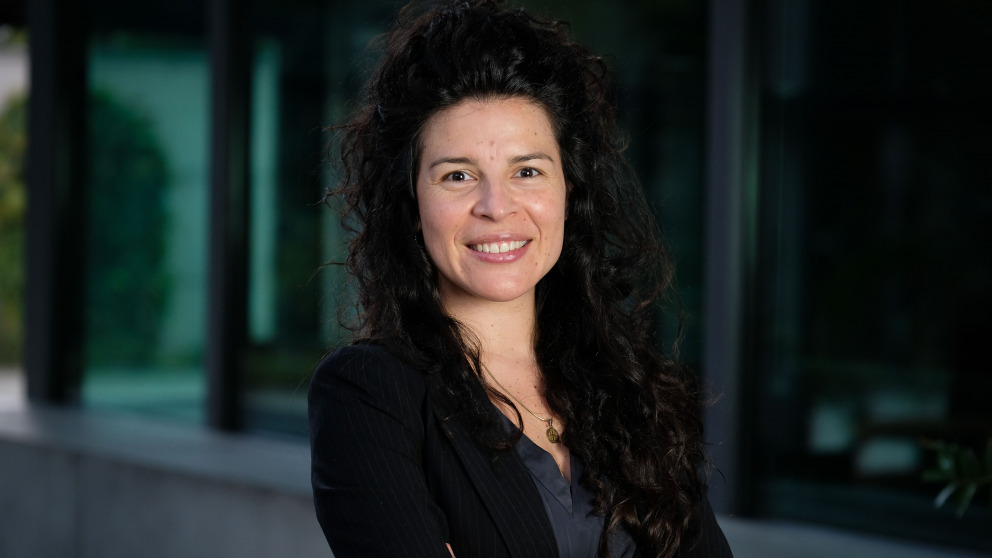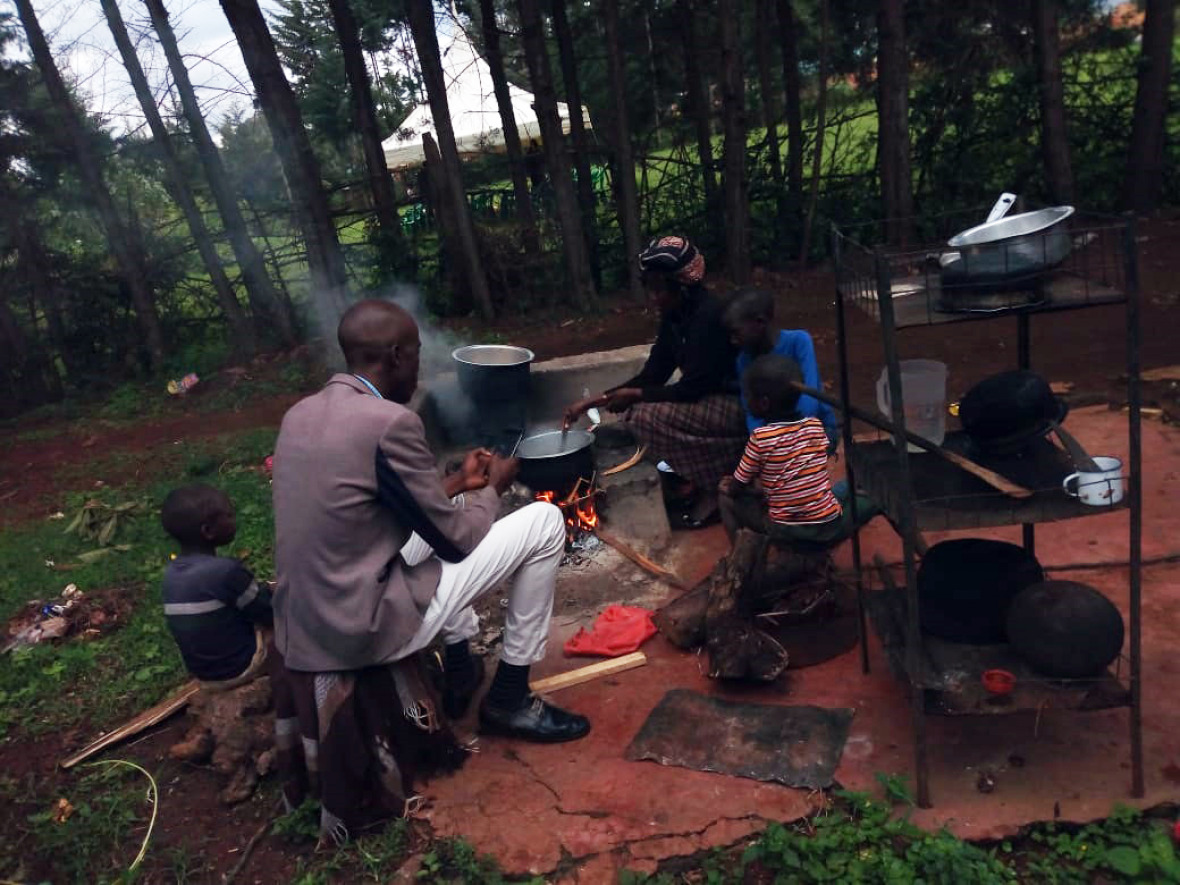Micro-financing Clean Energy: Start-up Founder Named Klaus Töpfer Sustainability Fellow for 2020
29.10.2020
Micro-financing is an important tool to advance the growth and reach of modern energy systems in developing countries. With her start-up HEDERA Sustainable Solutions GmbH, engineer Natalia Realpe Carrillo has created a digital toolbox that enables micro-finance institutions to take stock of the sustainability impacts of their investments in clean energy systems. She will be joining the IASS as the new Klaus Töpfer Sustainability Fellow on 1 November 2020, where she will continue to develop and improve these tools.

Micro-finance can help to reduce poverty. Yet until now lenders have often only been able to guess at the actual impact of their investments on sustainability. Many smaller micro-finance institutions simply cannot afford to commission external researchers with collecting and evaluating the data needed to understand the impacts of their investments. And this is where HEDERA can help. "The infrastructure for banks to collect data using digital questionnaires is readily available. Despite this, few local banks rise to the challenge. This is partly due to digital deficits in developing countries and often to a lack of technical understanding," explains Realpe. HEDERA's products help micro-finance institutions to understand the impacts of their loans. Tailored to the needs of their users, the tools developed by the start-up are easy to use.
Expertise on micro-financing – in research and practice
Natalia Realpe Carrillo grew up in Colombia, where she studied industrial engineering at Universidad de Los Andes in Bogotá. She moved to Berlin in 2007 to take a master's degree at TU Berlin and went on to write her doctoral thesis on the role of the micro-finance sector in improving access to energy. For almost a decade, she worked as a project manager for a company that promotes the growth of affordable, climate-friendly energy solutions in developing countries. In 2018 she co-founded the start-up HEDERA, which was awarded an EXIST business grant from Germany's Federal Ministry of Economics and Energy (BMWi).
HEDERA's primary focus has been supporting investments in renewable energies. Its customers include the United Nations Capital Development Fund (UNCDF), which uses the start-up's digital toolbox in an impact assessment programme working with energy suppliers in Uganda. HEDERA also offers several complementary services, including a virtual platform to facilitate networking and information sharing and to promote projects, conferences, and achievements in sustainability. The start-up also operates an e-learning platform that organizations can use to train their employees.

"Promote transformative thinking"
The start-up's next goal is to expand its digital toolbox and enable micro-finance institutions to assess their investments in water supply systems such as solar-powered water pumps. The nexus between energy, water and food security are also on HEDERA's agenda.
Despite the restrictions imposed due to the pandemic, Natalia Realpe Carrillo remains optimistic about the opportunities for exchange at the IASS: "The institute's transformative approach makes the IASS an ideal place for my work. After all, I'm interested not just in generating knowledge, but also in promoting transformative thinking and encouraging people to change their society." During her fellowship, she will collaborate with researchers specializing in international energy transitions and sustainable digitalization.
Contact
